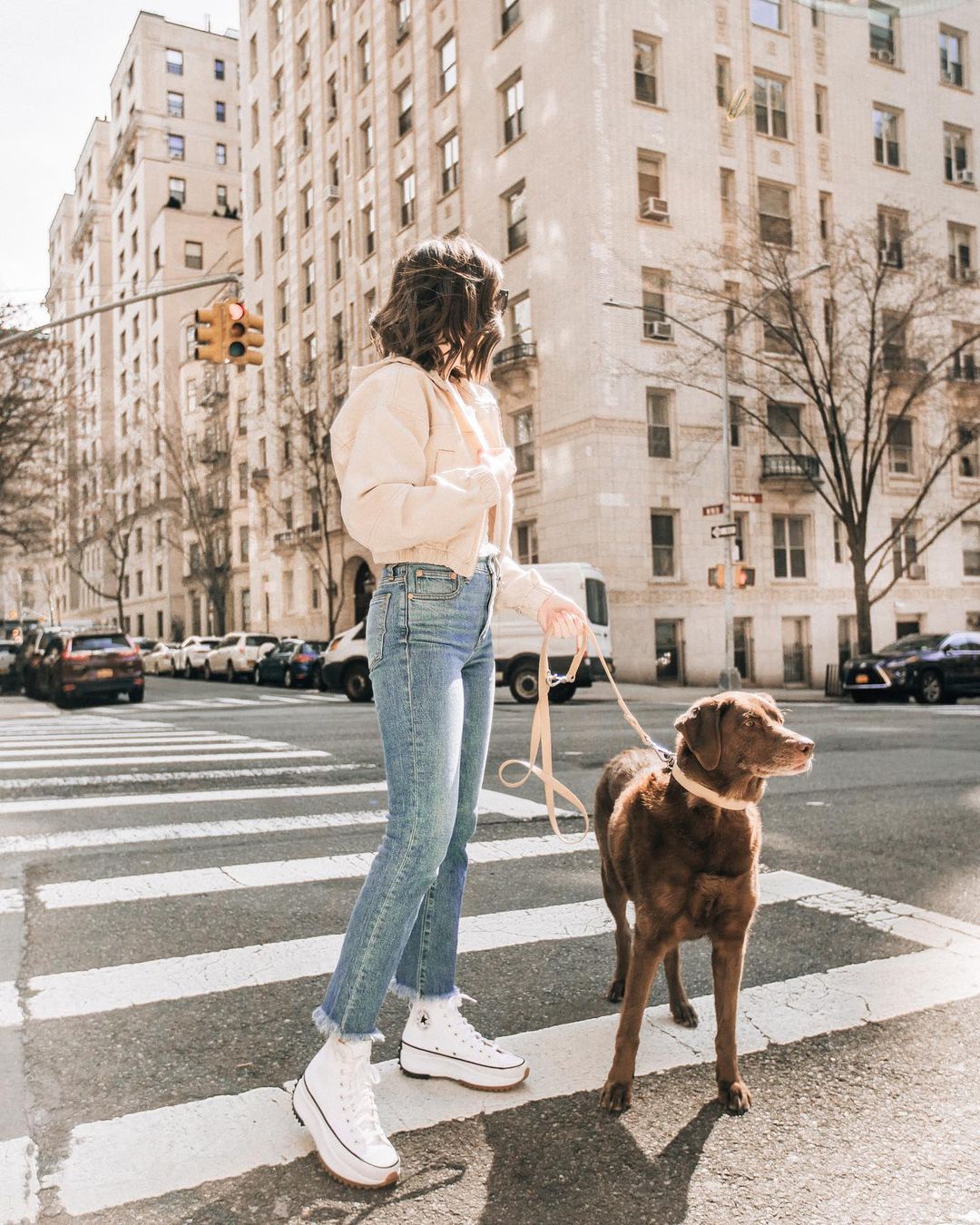
You probably wouldn’t know by my shining personality, absolutely glowing cheekbones, and constant discussion of the men and women fawning at my feet to date me, but I unequivocally suck at relationships! (Perhaps my temerity is the exact reason I have this issue, who knows!)
1. It’s OK to be upset when a relationship—no matter how long—ends
I go through a constant cycle of being sad that someone ghosted me or someone I went on a few dates with decided to end it, followed by judging myself for being sad about it, and then my sadness turns to frustration, and next thing I know, I’m just a big old mess. My therapist gave me the go-ahead to stop judging myself. Whether a relationship was one or 100 days, it’s upsetting to lose someone you pictured in your future in any capacity. Allow yourself some time to be sad, and it’ll be eons easier to actually get over it versus bottling it up.
2. The end of a relationship is not a “failure”
It’s easy to immediately ask “What did I do wrong?” when a relationship is over. You blame yourself, likely for things big and small. I am a big black and white thinker, so when someone breaks up with me or ghosts me, I tend to immediately assume the worst and proceed as if I ruined everything. You either liked me, or you didn’t; there’s no in between. My therapist explained that relationships aren’t so linear and that they’re impossible to fail at because they’re also impossible to win. You never feel like you’re “winning” in your relationship because relationships often feel like a moving target. You’re always working together and growing—even 90-year-old couples say they’re still learning about each other.
Instead, she instructed me to remember that all relationships, like people, have positives and negatives. If it were all positives, we’d be pretty damn bored, right? By focusing on how my relationships are constantly ebbing and flowing between the positive and negative attributes, it’s easier to recognize the very easy ways in which a relationship can just not be a fit for you and the other person.
This is also a great tip to employ when in a relationship. If you find yourself feeling insecure about where you stand with your significant other, picking fights (we’ve all been there), or people-pleasing, taking a step back to understand that a relationship isn’t some perfect entity, nor is it a game you can win or lose, might impact how you see the other person.
If you find yourself feeling insecure about where you stand with your significant other, picking fights, or people-pleasing, taking a step back to understand that a relationship isn’t some perfect entity, nor is it a game you can win or lose, might impact how you see the other person.
3. Early sexual chemistry doesn’t always mean they’re “the one”
Finding someone who immediately understands you and gets every part of you is, unfortunately, a little difficult, so many of us (me! me! me!) turn to sexual chemistry at the beginning of a relationship to determine if that person is right for you. If the sex is great and we vibe with each other that way, I typically feel like it’s a match. However, that’s not always true. And of course, we can have good sex with people who aren’t good for us; I never doubt that. But it’s when you look past all of the red flags and issues popping to the surface because the sexual chemistry is there when it becomes a problem.
Through therapy and a few workshops, I’ve really honed in on how to make sex a positive part of a relationship versus a determinator of how likely I am to enjoy someone’s company. It’s still important for me to be with someone who has a similar sex drive to me and who meshes with me in that manner, but I am aware now that this can’t be the only thing keeping me with someone. If every other flag is glaring in the brightest red you’ve ever seen, that likely isn’t a relationship you want to pursue.
4. Going back to your ex is out of comfort—not because the sex is “so good”
We make excuses over and over again about why we choose to hook up with our ex again or see them after a breakup. New things and people are uncomfortable, so we choose partners who remind us of past relationships and old wounds, even from childhood. This isn’t weird, and it doesn’t make you “screwed up”–it’s human nature to be attracted to things that we’re already familiar with.
The #1 thing I’ve learned in this is to be conscious of it and recognize it to help me choose people in the future who don’t mirror those qualities. I don’t want to date someone who gaslights me, so I’m going to look for a partner who validates what I have to say. I didn’t enjoy it when my previous partner couldn’t take my sense of humor, so my next relationship will be fun and lighthearted because I recognize that I missed that element before. It is a hard process to think through, especially if you’re looking back on an abusive relationship, but thinking of a future with someone better is exciting and hopeful.
5. It’s human nature to feel loneliness and to want a partner
Listen, I don’t need a partner in my life to feel good. I don’t need someone to take me to dinner or tell me about their day or watch a new show with me. But… when I let myself feel it, I know it’s something I yearn for. But I judge myself for that and worry that it seems desperate and dependent to feel lonely sometimes and to wish I had a partner (which is often a feeling I have at the end of a relationship too). These patterns of thought, my therapist described, are rooted in limiting beliefs that wanting a partner makes me weak and that “want” gets confused with “need.” She explained that feeling lonely and wishing you had a significant other is something every single person feels. It’s an innately human feeling to want to feel loved and express love to others. Understanding this has given me a lot of tools for acceptance: accepting that I am human and desire to be loved and love and that I enjoy the various perks and activities that go along with being in a relationship.
Feeling lonely and wishing you had a significant other is something every single person feels. It’s an innately human feeling to want to feel loved and express love to others.
6. Be vulnerable with a partner—but take your time
Just because you open up to someone right away or they do the same for you doesn’t mean the relationship is set on the right course. Opening up takes time. While there are whirlwind, fast romances that bond quickly and stay together forever, if you notice that you’re a fast-mover in relationships, it might be a good idea to try a slow burn every now and then. A relationship that takes its time might be just what you need to build trust and companionship with someone if you’re used to moving quickly to get to all the good parts as soon as possible. Instead, make all the monotonous parts of first dates and awkward hugs and witty texting banter something you enjoy rather than something you dread.
Contrarily, opening up to someone isn’t weak. Vulnerability is a strength (thanks Brene Brown, my queen), and a strong relationship requires it. So, don’t think that because you told your significant other about a childhood trauma or that you’re feeling insecure about something that they’re going to end the relationship because they’re “seeing the real you.” Being able to open up to each other every now and then should be something that bonds you and makes you grow, both as a couple and as people. (And if they do break up with you over something like that, well, it doesn’t really seem like a loss.)













































